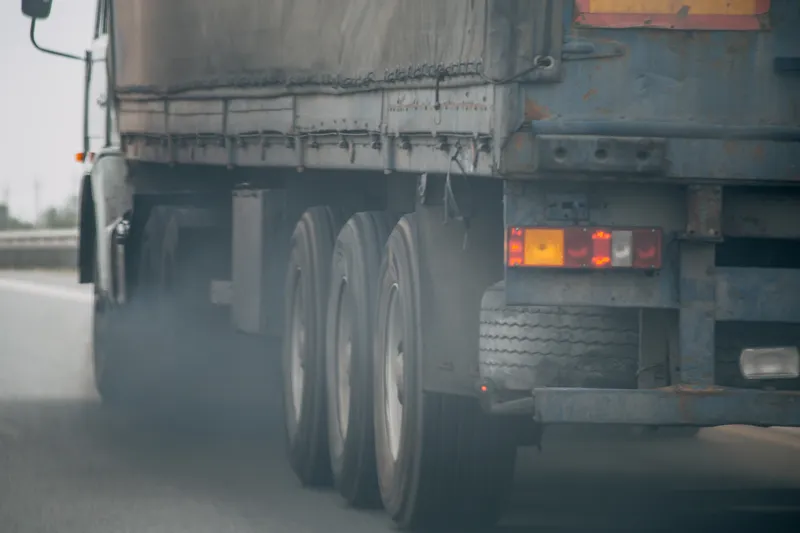
Technology and research and consulting company Gartner has claimed logistics leaders must pursue three external partnerships to reduce greenhouse gas (GHG) emissions.
The recommendations are part of a new report entitled 3 Partnerships to Drive Reduction in Transportation Emissions and Logistics Costs.
Sarah Watt, senior director analyst with the Gartner supply chain practice, says: “Organisations on an emissions reduction journey initially leverage optimisation strategies. These strategies include modal shift, load optimisation and network design all aimed at emissions reduction. However, for organisations with significant emissions reduction goals, these initial inhouse activities don’t go far enough.”
Transportation and logistics leaders rely on third-party logistics providers (3PL) partnerships to reduce emissions.
However, Gartner says these goals also require investment in new vehicles and engine technologies to move goods.
“Before contracting a 3PL, logistics leaders should ask three questions,” Watt continues.
“Firstly, does the 3PL’s ambition for emissions reduction match that of the organisation. Secondly, what investments will the 3PL be making to improve emissions management, such as new vehicle technologies.
Lastly, logistics leaders must understand if there is an investment gap, and if the enterprise is willing to play a part to bridge this gap.”
Separately, Gartner insists that some GHG emissions created by customers could be avoided by offering greater transparency about emissions impacts.
For example, demand for short delivery times may increase the use of airfreight.
Gartner points out that while many customers want to create less GHG emissions, they lack visibility into how their decisions can impact the environment.
Logistics leaders need to challenge the assumption that faster is always better and communicate that some shipping options may take longer to arrive but are more sustainable than same day delivery, the company adds.
“This is not about taking away shipping options from clients to enable emissions reduction. This is about client choice of shipping options by creating visibility,” Watt continues.
Lastly, Gartner points claims that leaders from different organisations can share their experience and best practices by working together in an industry association. This may lead to co-investment in opportunities or collective collaboration with 3PL partners.
“It’s important to evaluate an industry association before joining. Significant time can easily be sunk into collaboration, with no clear outcome or benefit. Take an outcomes base approach when assessing where to join or to continue to engage with an industry association,” Watt concludes.









